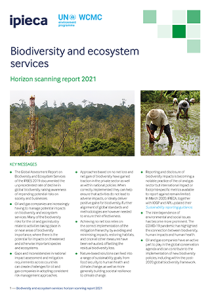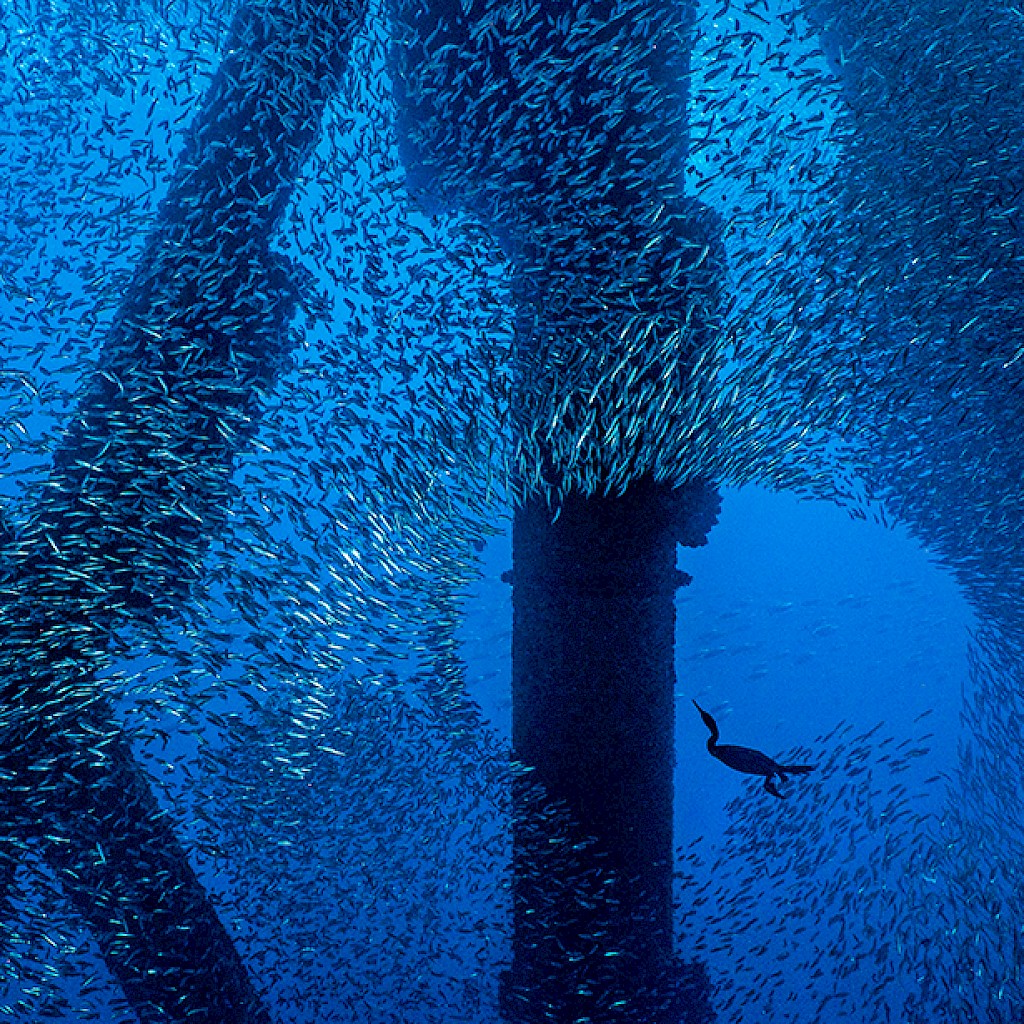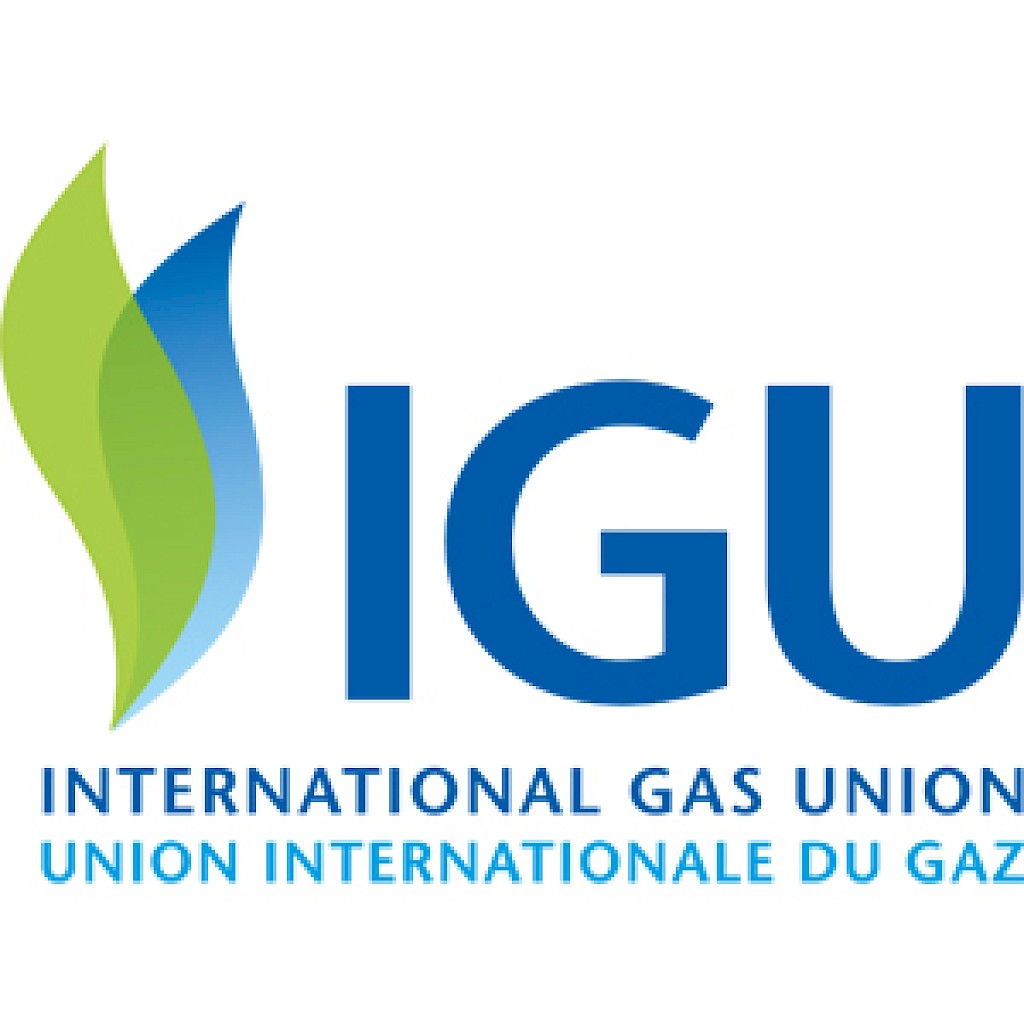 Ipieca and the UN Environment Programme World Conservation Monitoring Centre (UNEP-WCMC) are launching the Biodiversity and ecosystem services horizon scanning report 2021, which explores and identifies key drivers, challenges and opportunities for biodiversity and ecosystem services (BES) management in the oil and gas industry.
Ipieca and the UN Environment Programme World Conservation Monitoring Centre (UNEP-WCMC) are launching the Biodiversity and ecosystem services horizon scanning report 2021, which explores and identifies key drivers, challenges and opportunities for biodiversity and ecosystem services (BES) management in the oil and gas industry.
The Post-2020 Global Biodiversity Framework will set out an ambitious plan to galvanise urgent and transformative BES action, calling for governments to set national plans and targets in line with the framework and the private sector to contribute to the conservation, restoration and improvement of biodiversity. Many oil and gas companies have already adopted strong risk management frameworks based on international practices for impact mitigation.
This document aims to:
- provide a summary of key BES issues and risks for the oil and gas industry in the near and long-term; and
- highlight opportunities where the industry and the private sector can actively contribute to the conservation and restoration agenda.
Supporting quotes
2021 marks the beginning of the UN Decade on Ecosystem Restoration as well as the roll out of a new global framework focused on placing biodiversity at the heart of private sector decision making. The COVID-19 pandemic has provided a stark reminder of the interconnection between healthy ecosystems and human health. It is clear there has never been a more urgent need to protect our ecosystems. The 'Biodiversity and ecosystem services horizon scanning 2021 report' - the latest joint effort between Ipieca and UNEP-WCMC - outlines the opportunities for the oil and gas industry to support healthy ecosystems and contribute to global conversation goals.
This horizon scanning of issues and risks associated with biodiversity and ecosystem services highlights that oil and gas companies have an important role in the implementation of biodiversity policies, which requires science-based and pro-active management approaches. These approaches remain relevant as we chart the course of the energy transition, which is essential to mitigate climate change, crucial to conserve biodiversity and required to deliver sustainable energy solutions.



